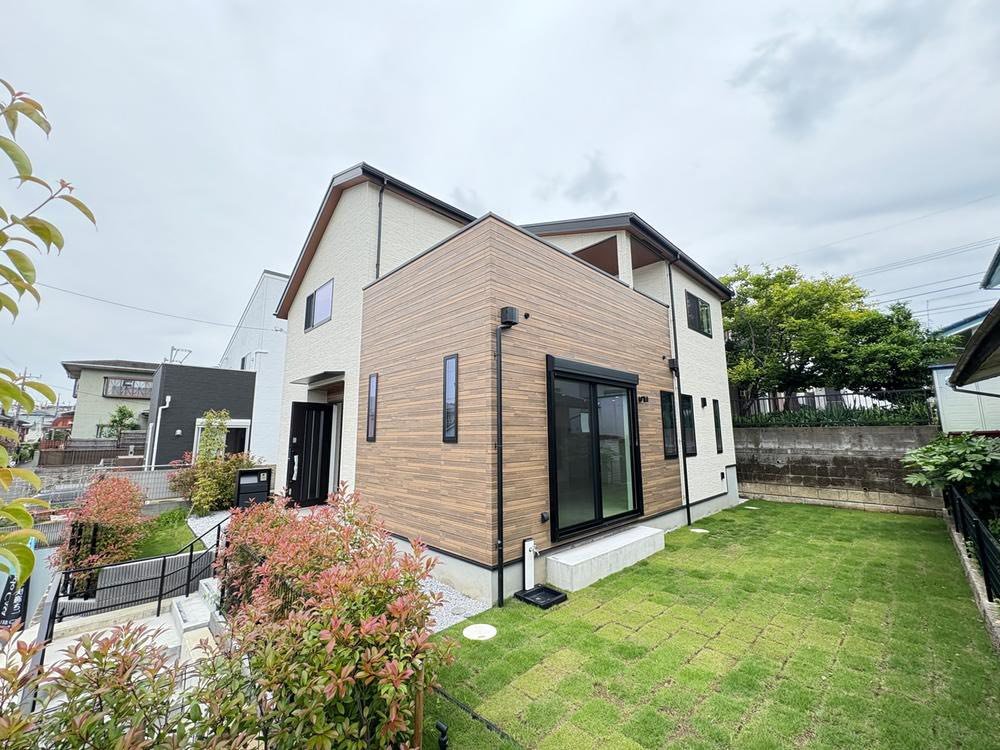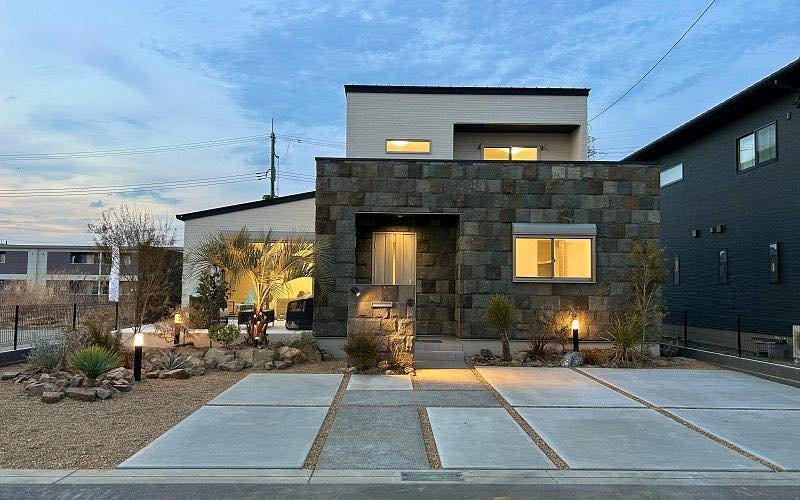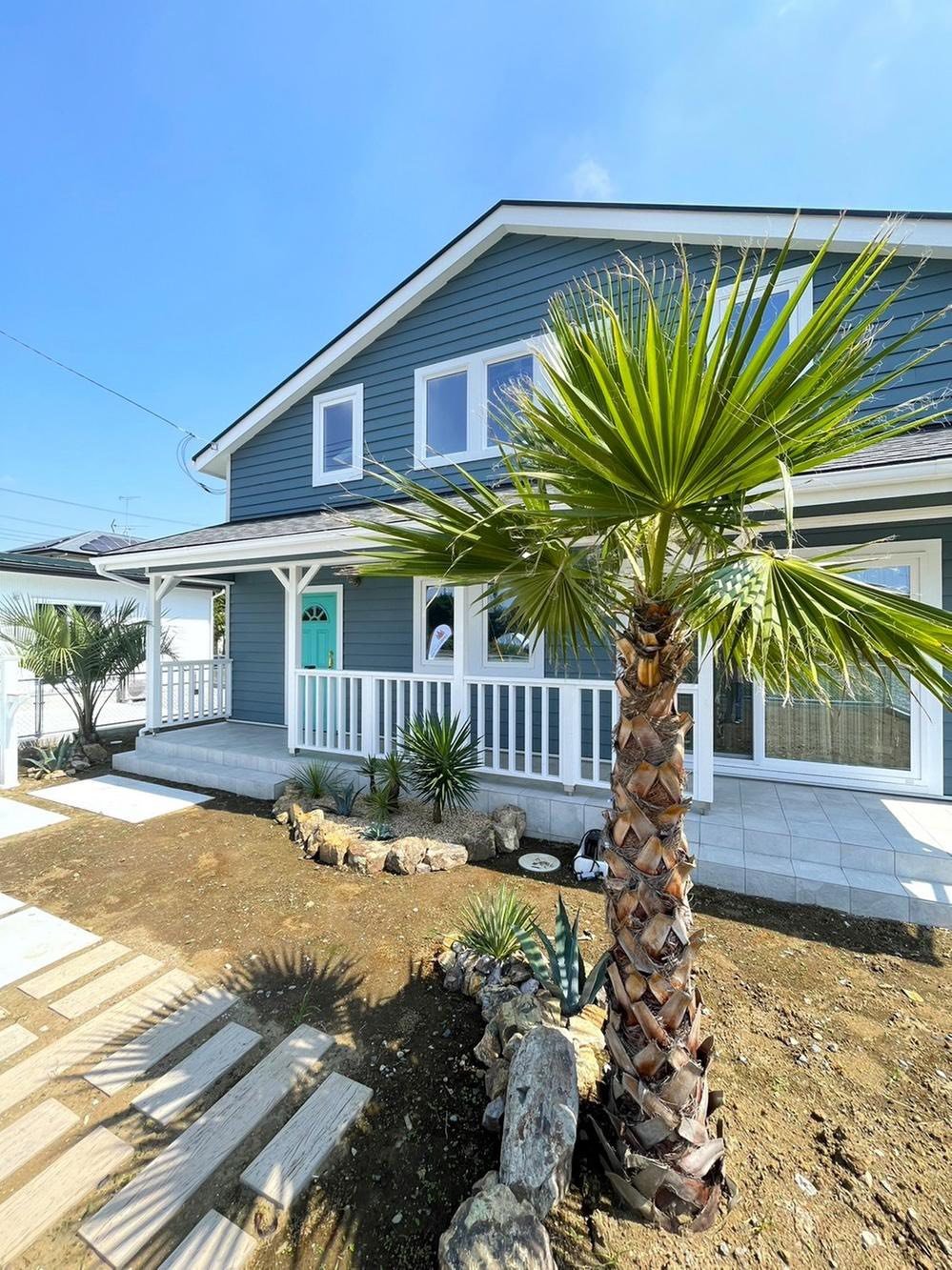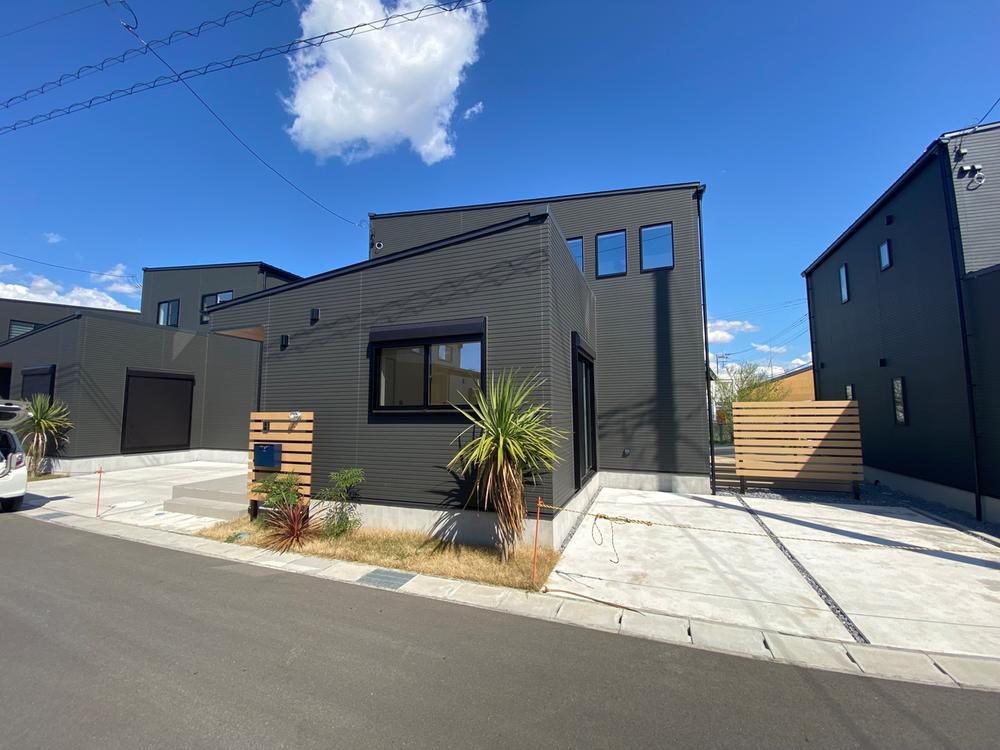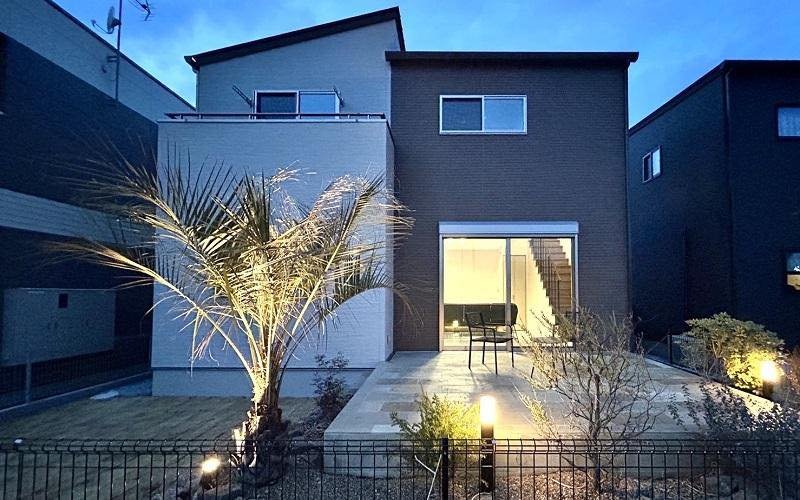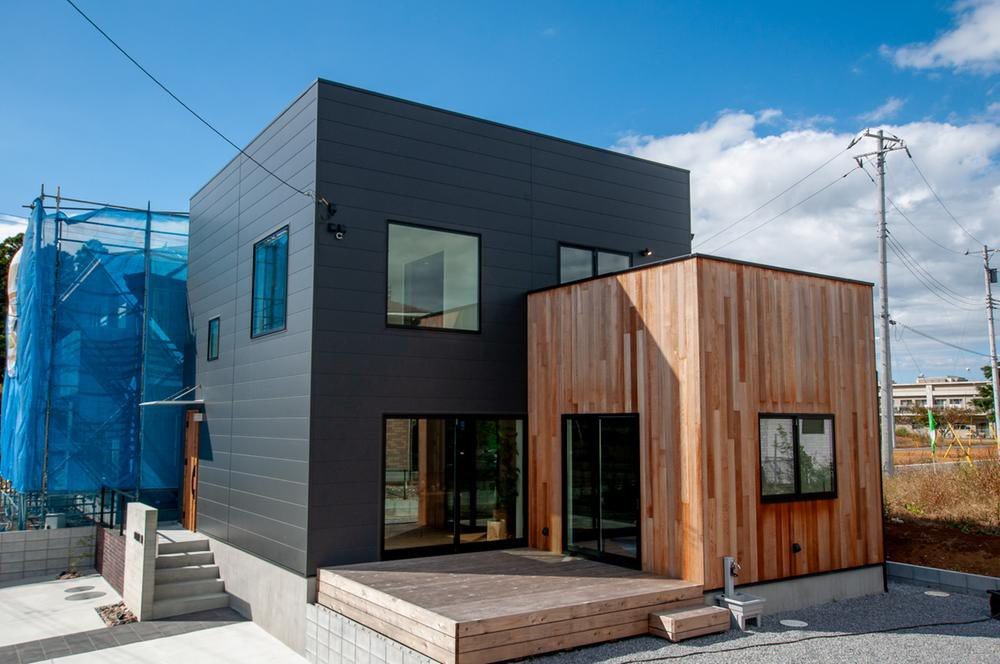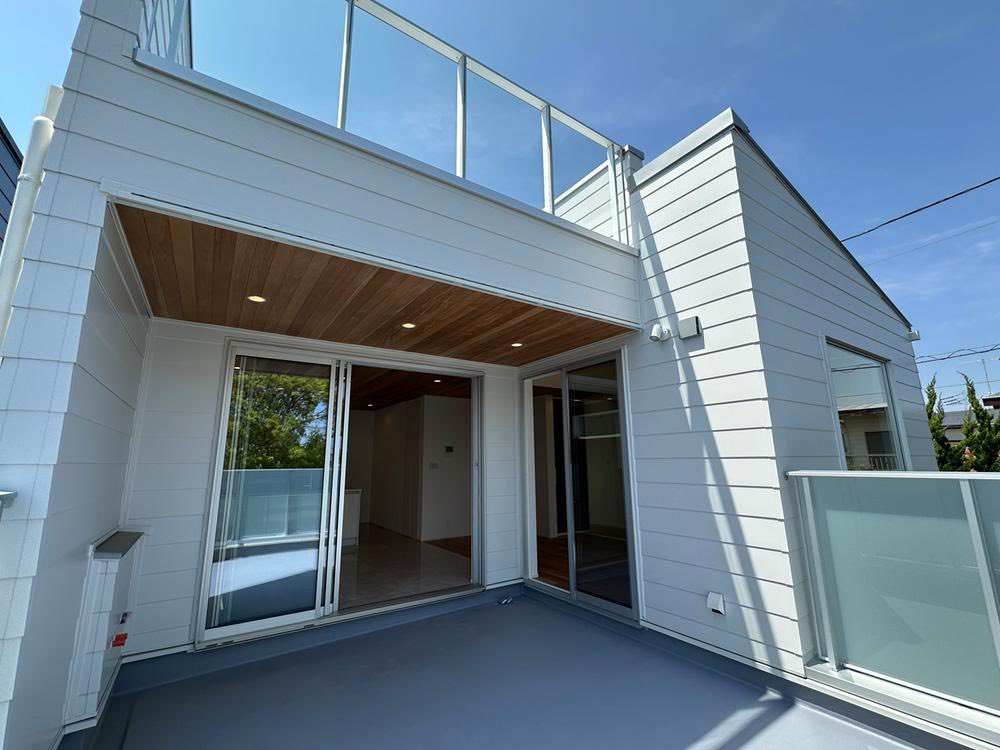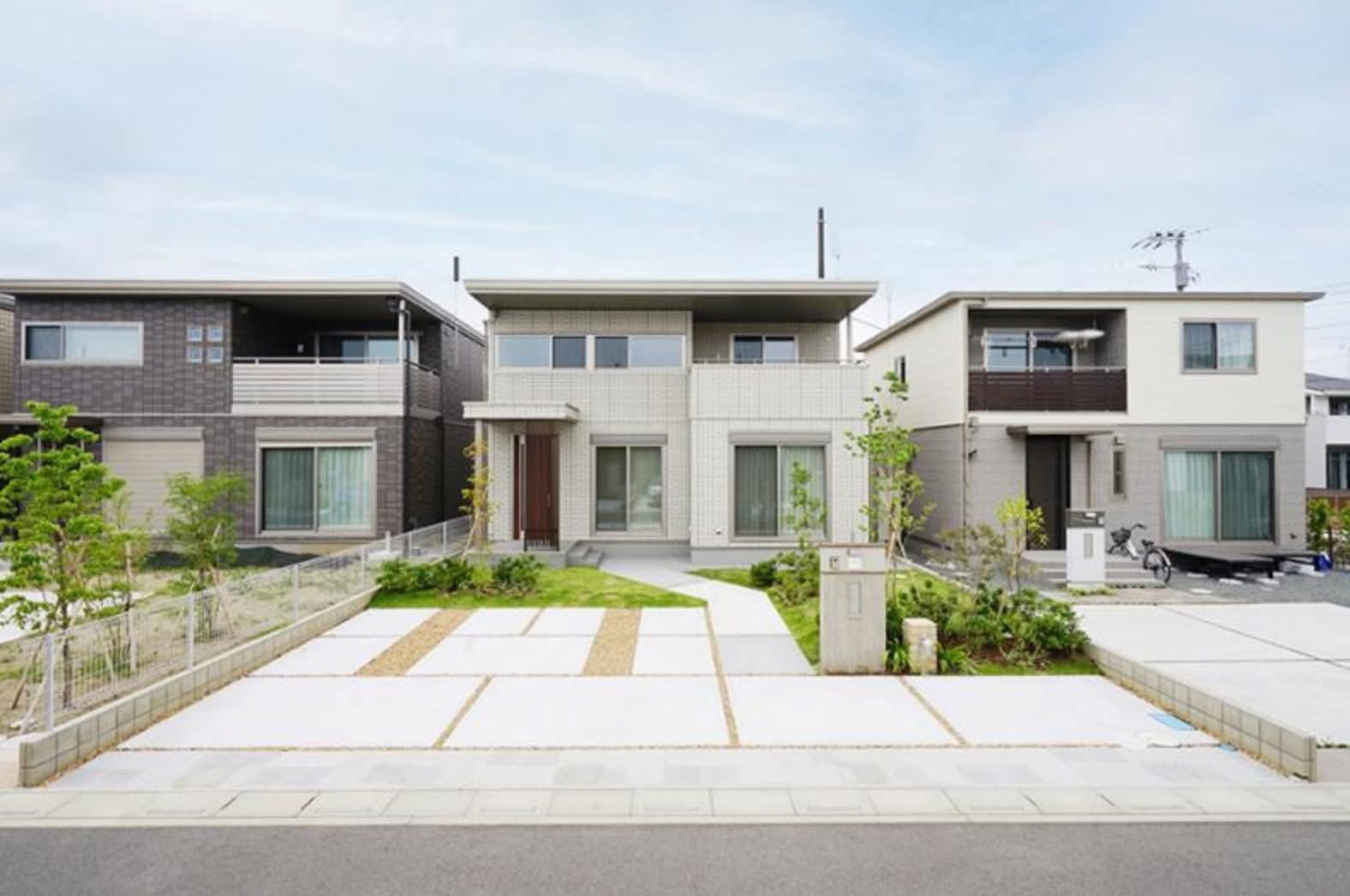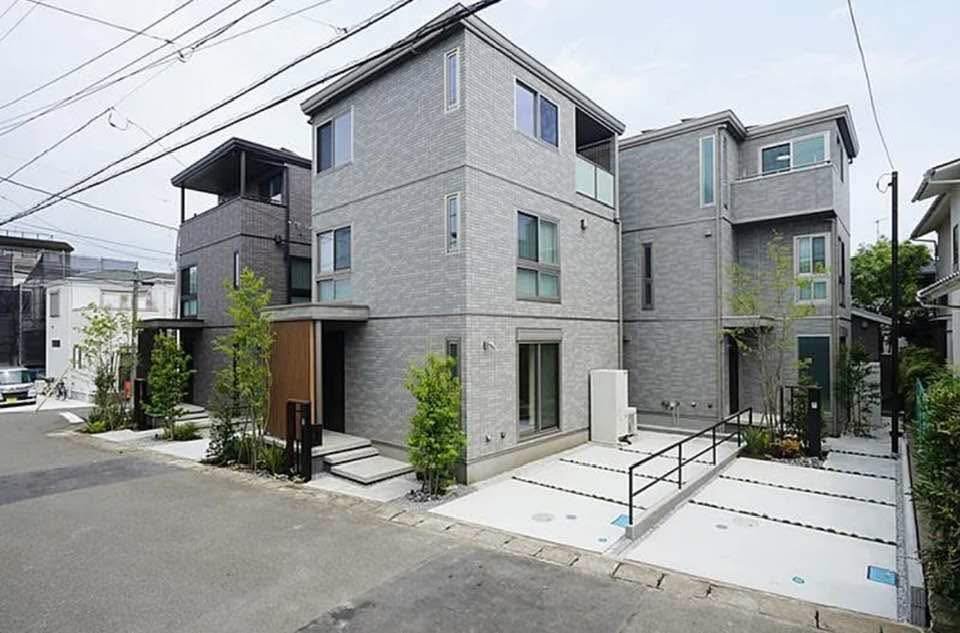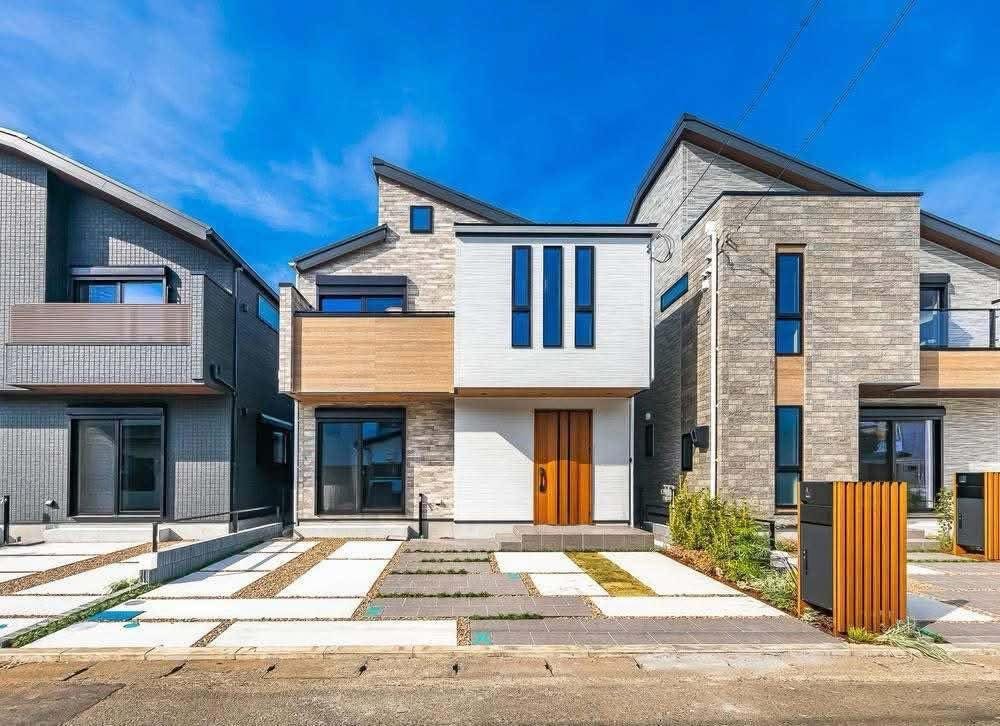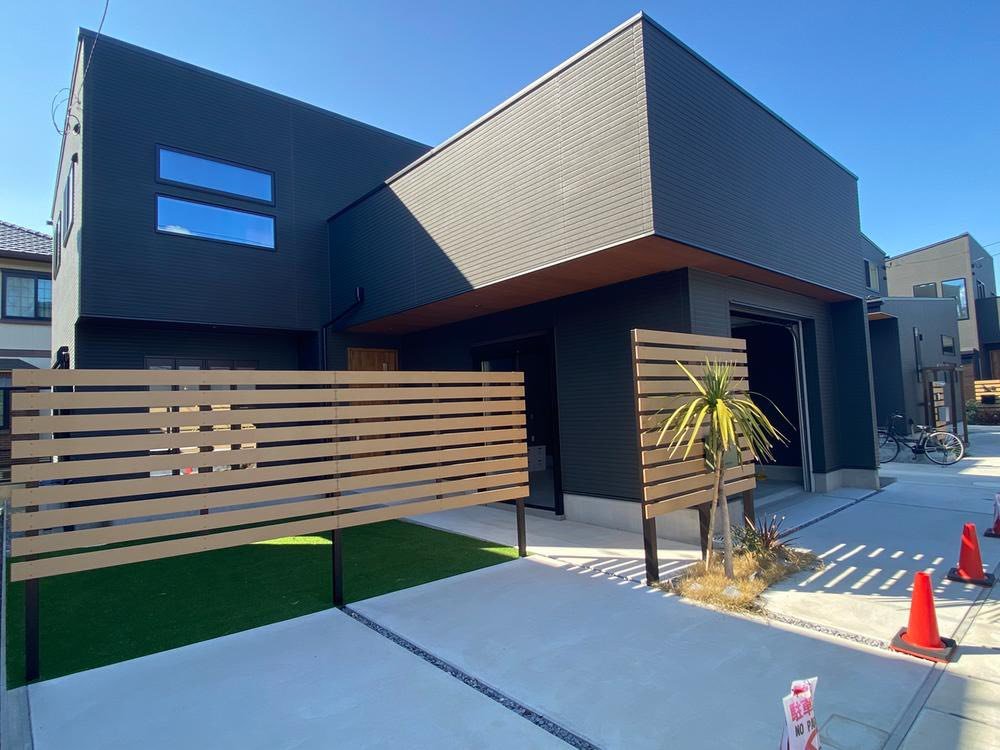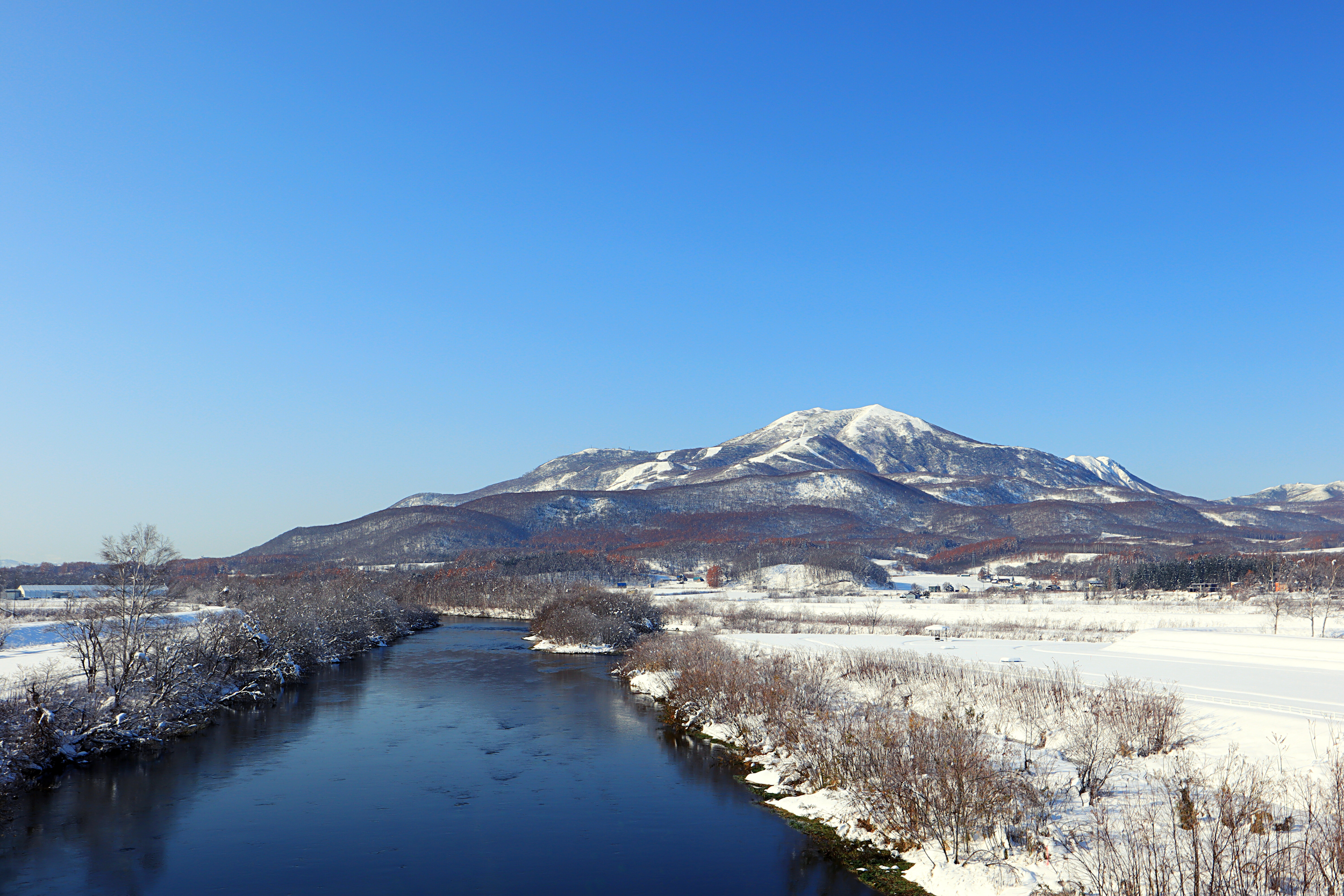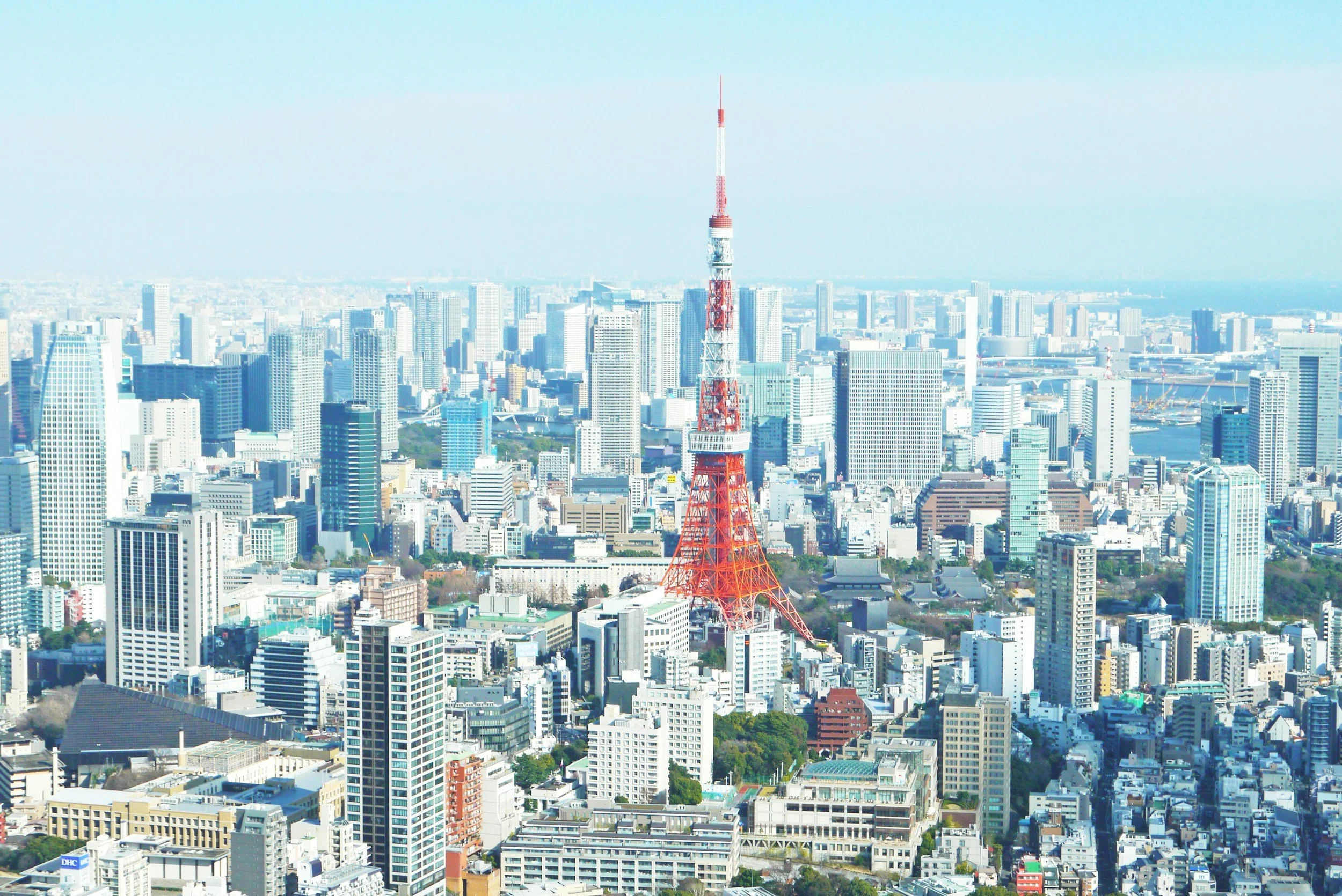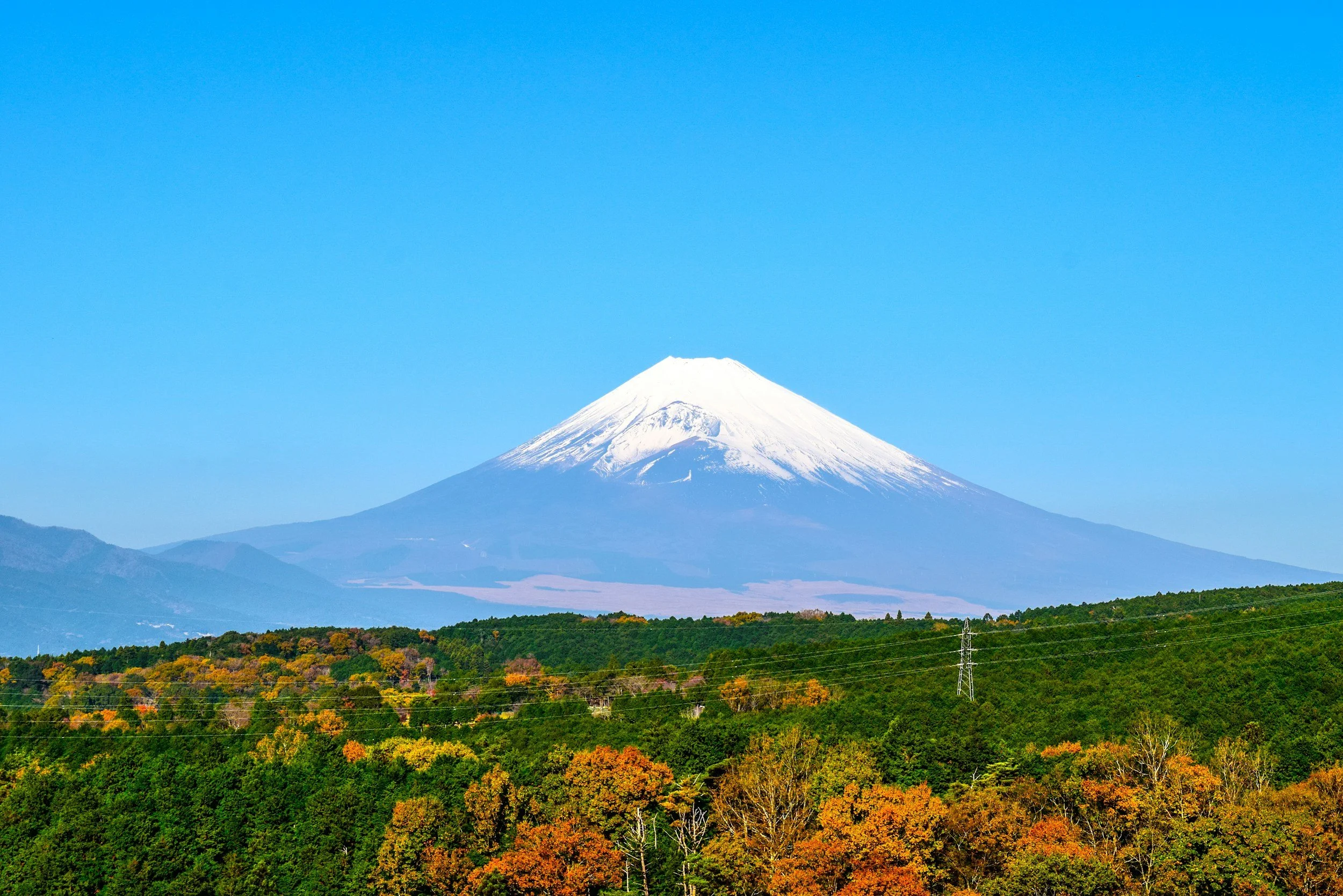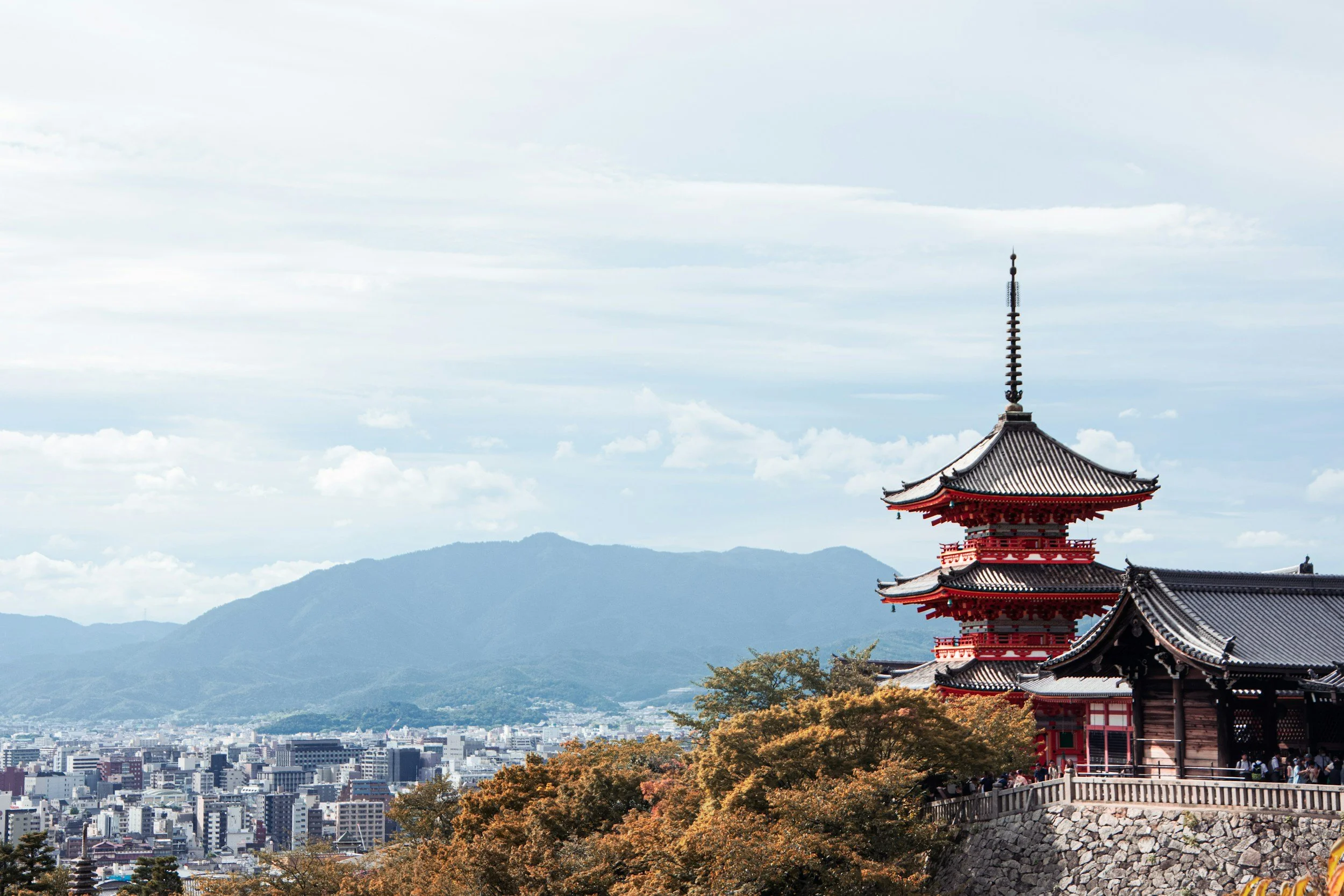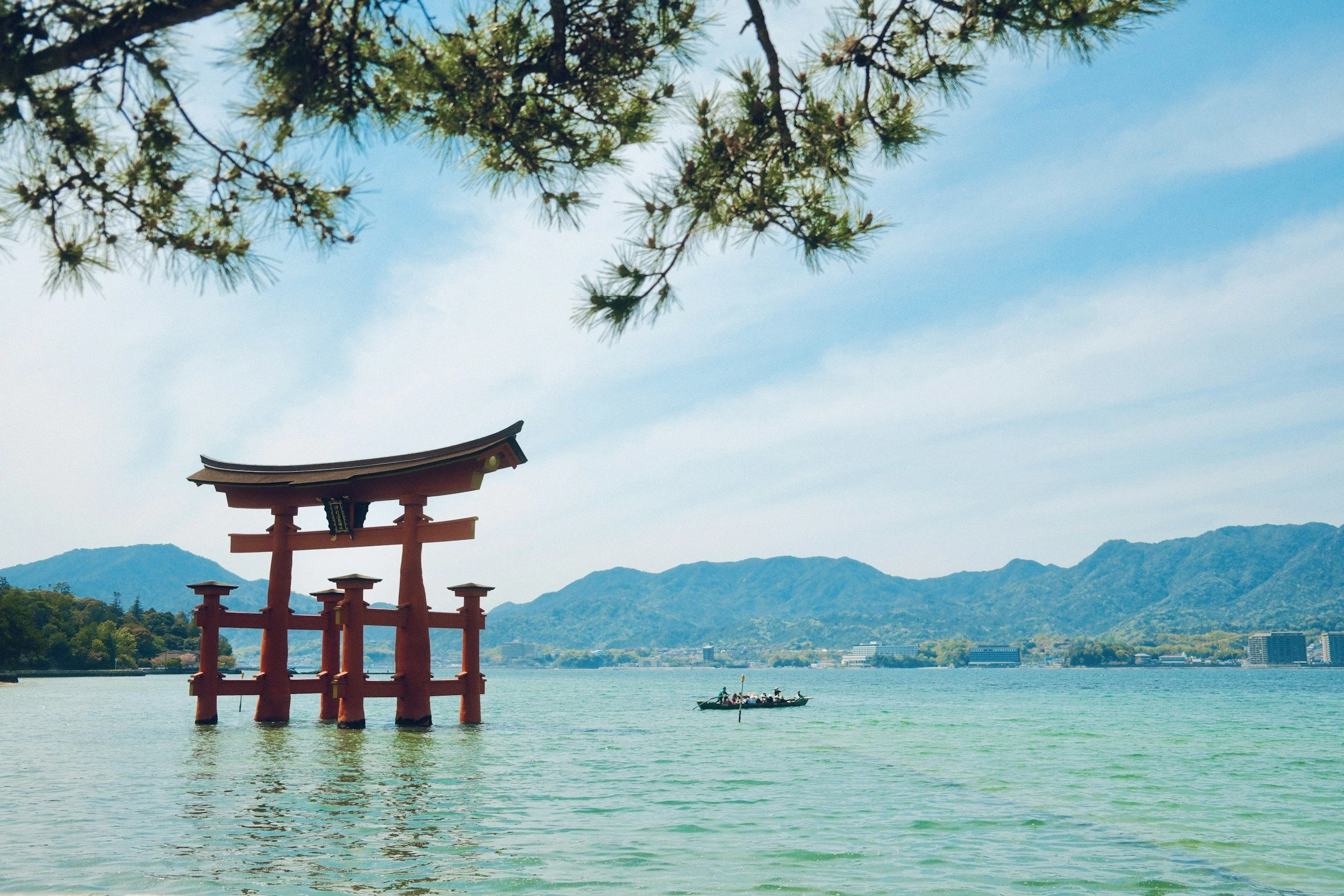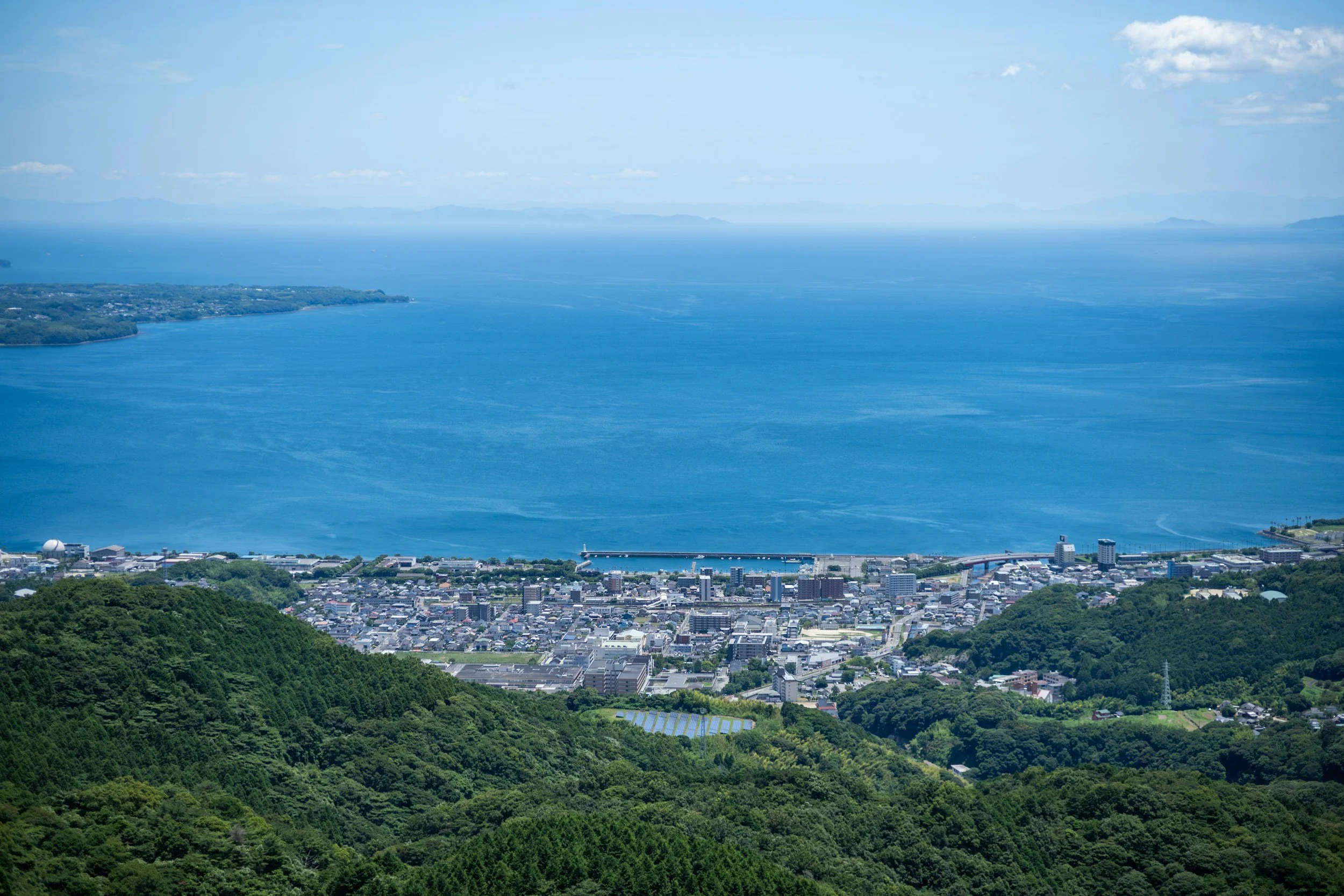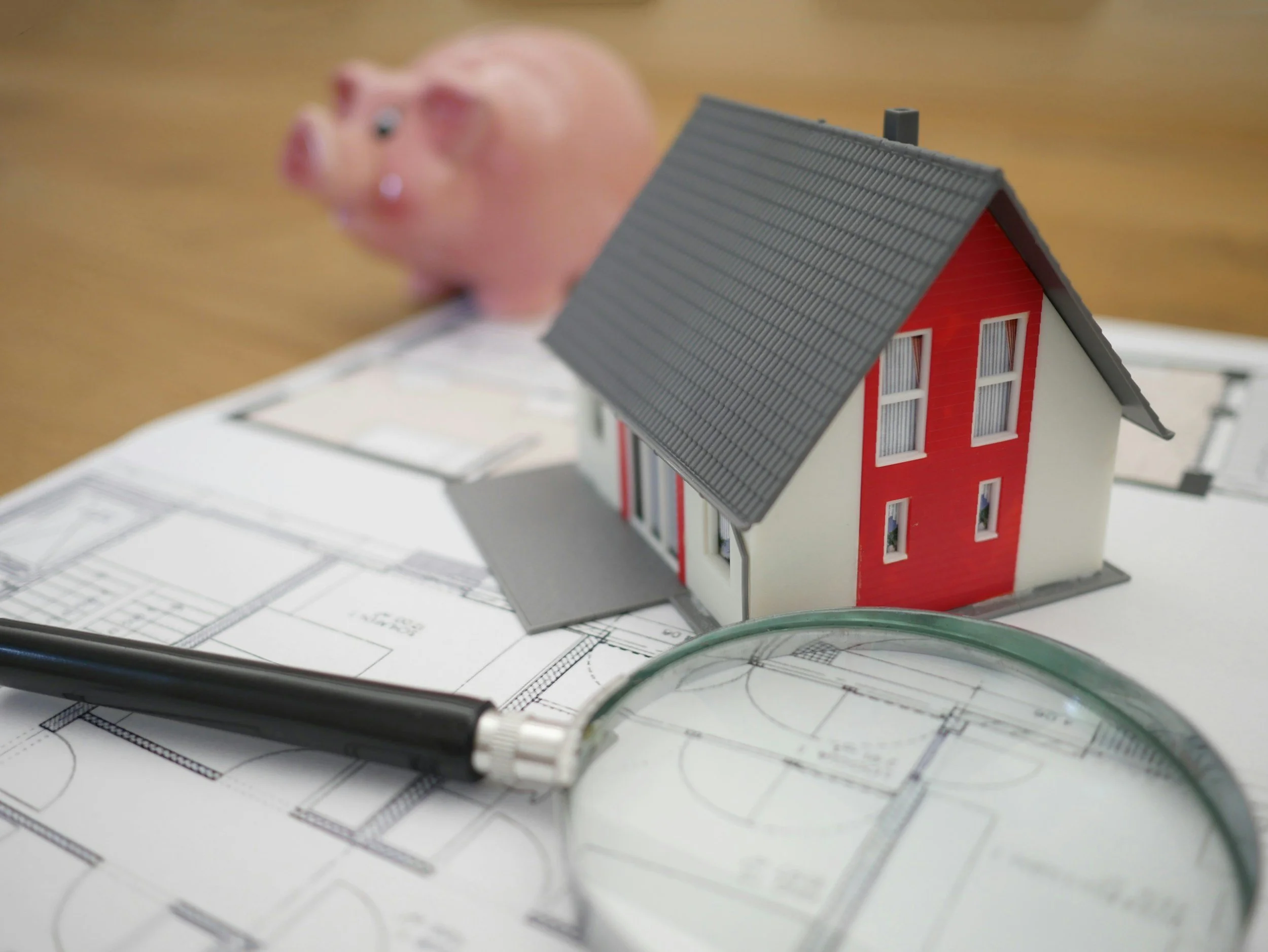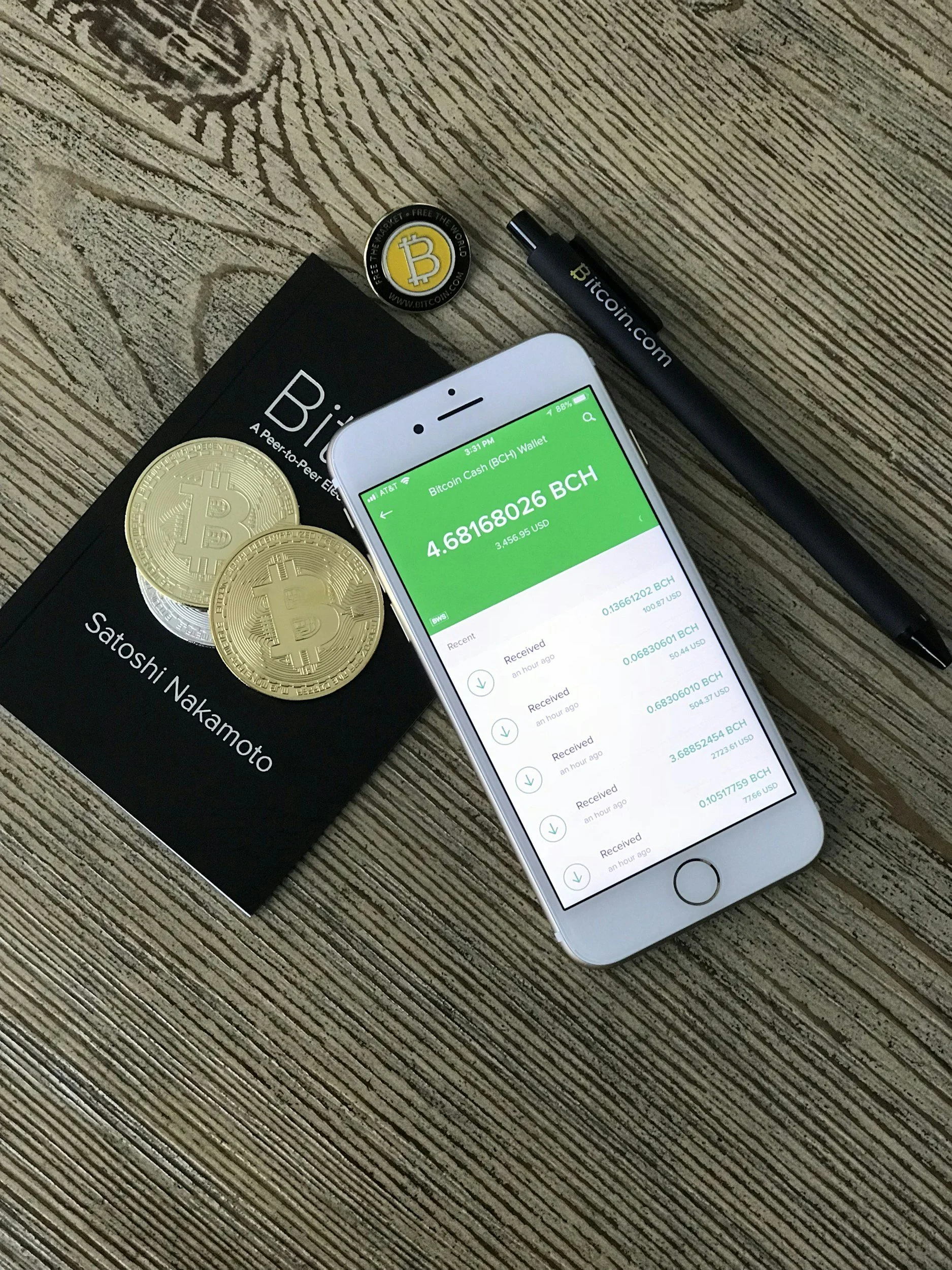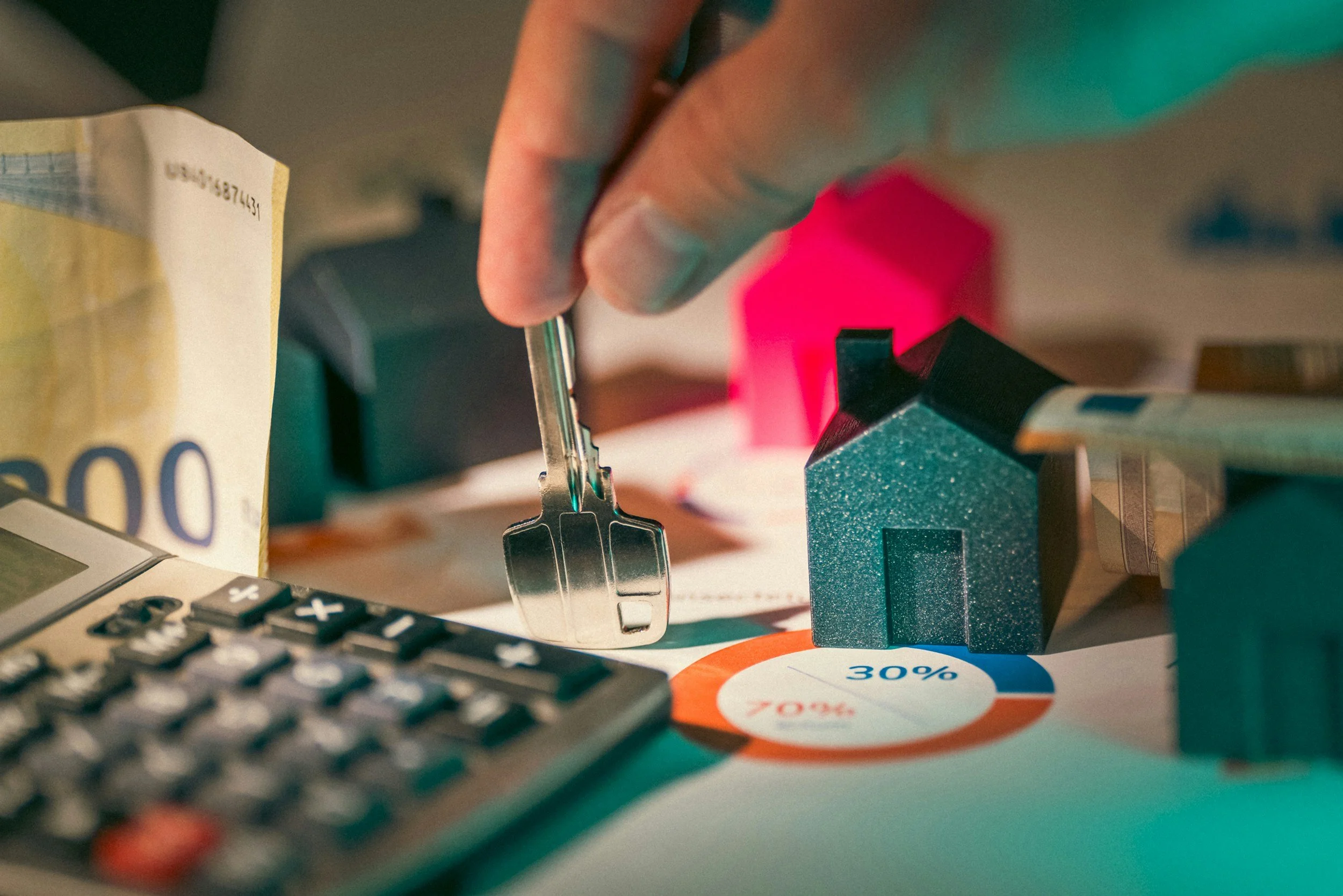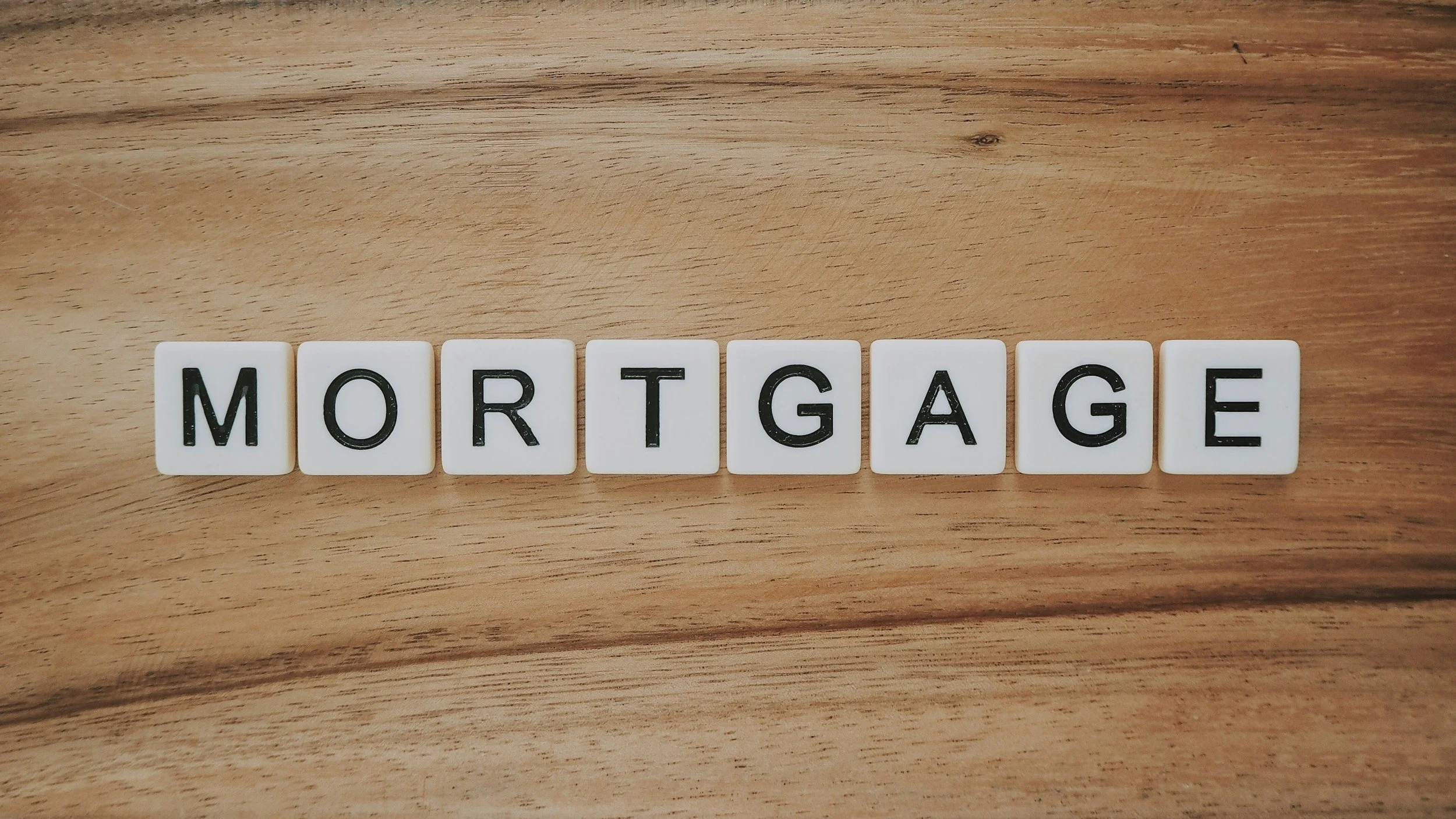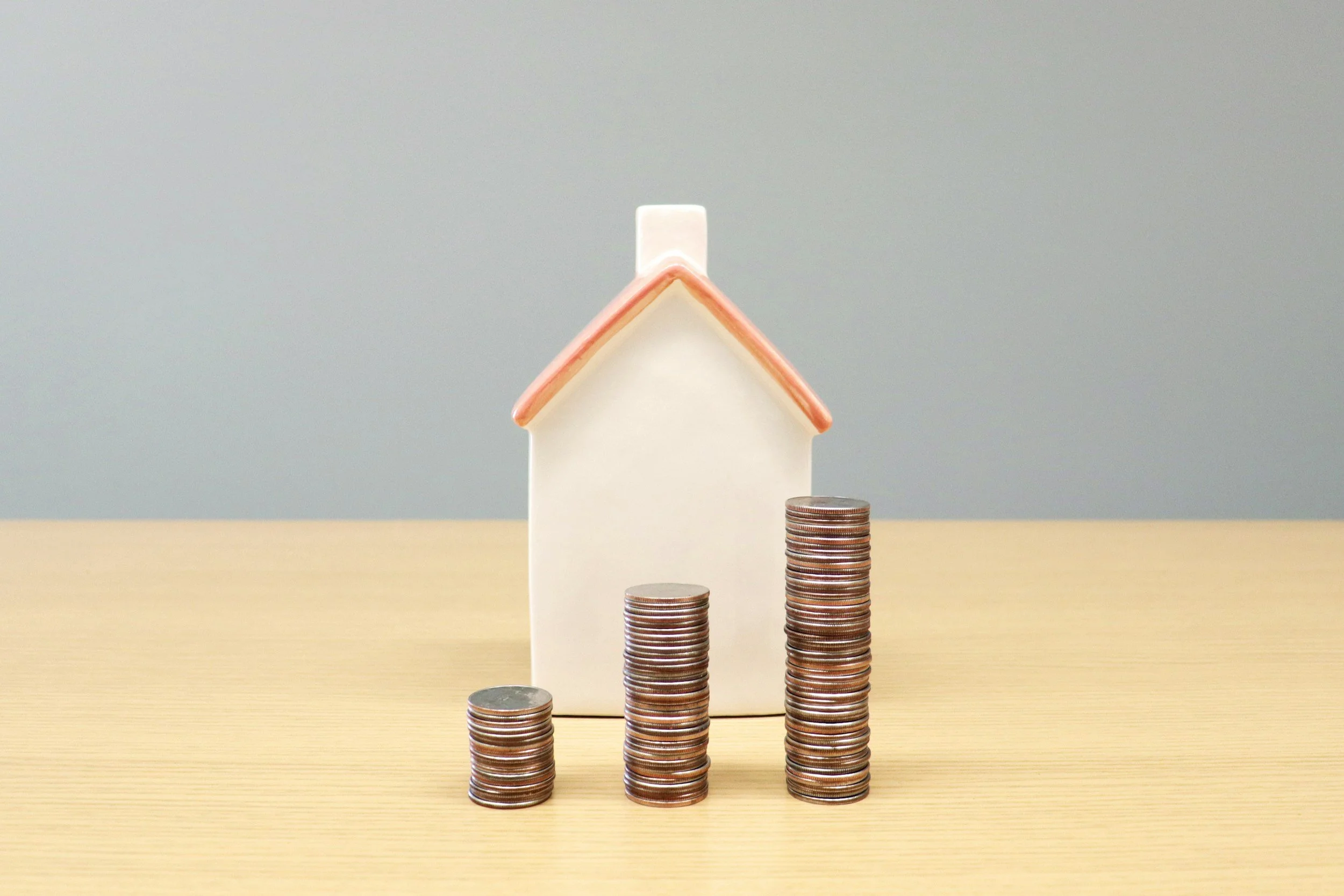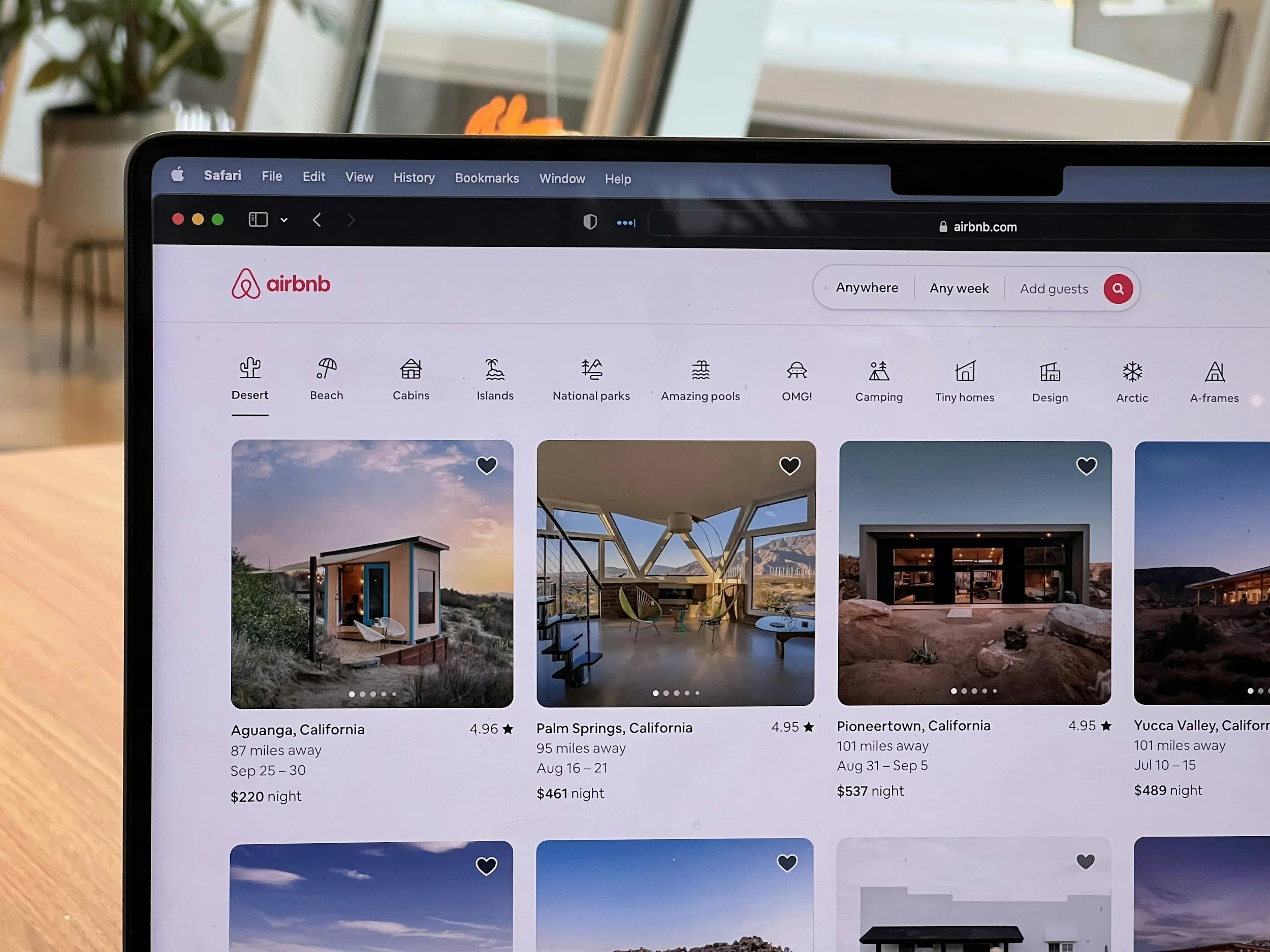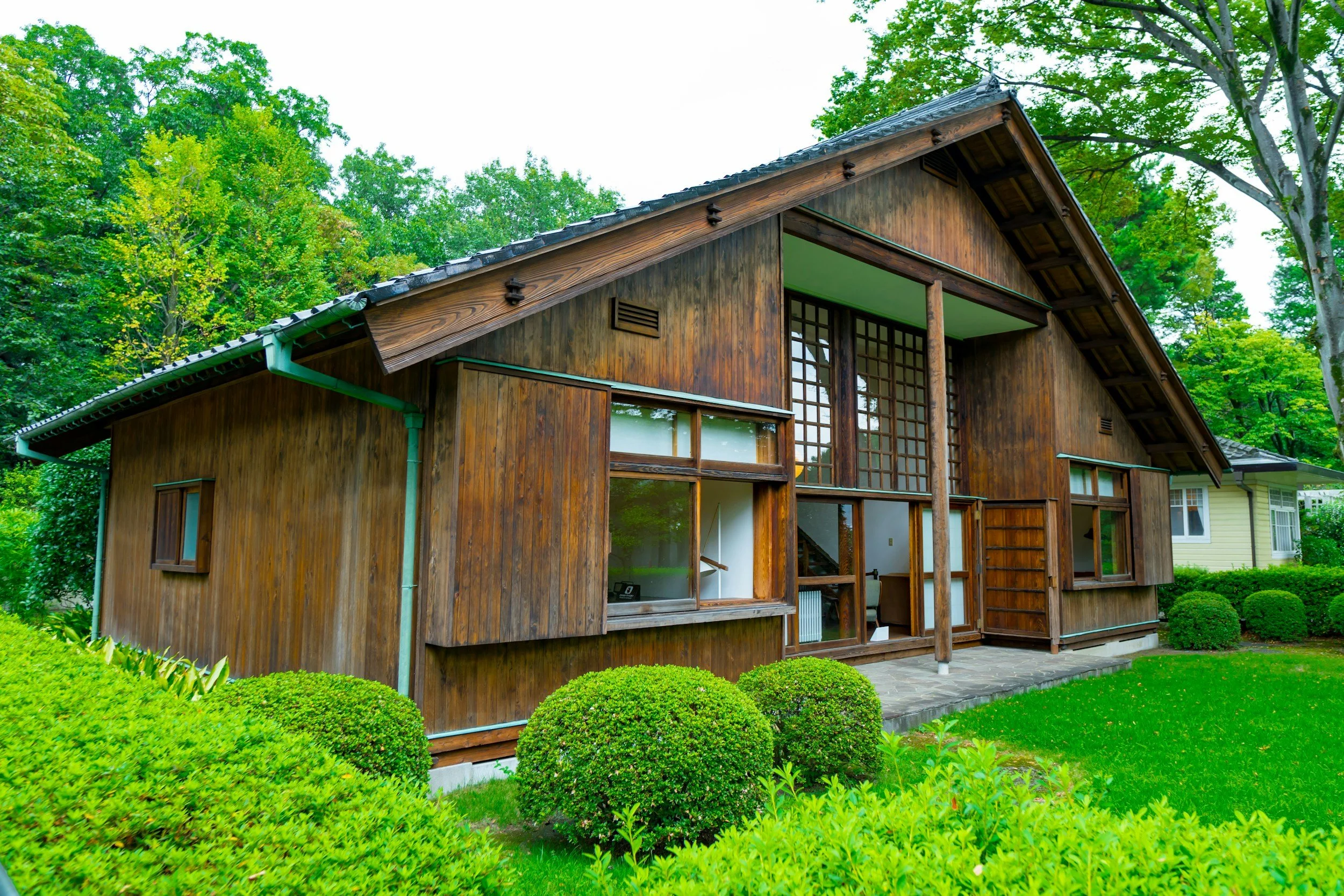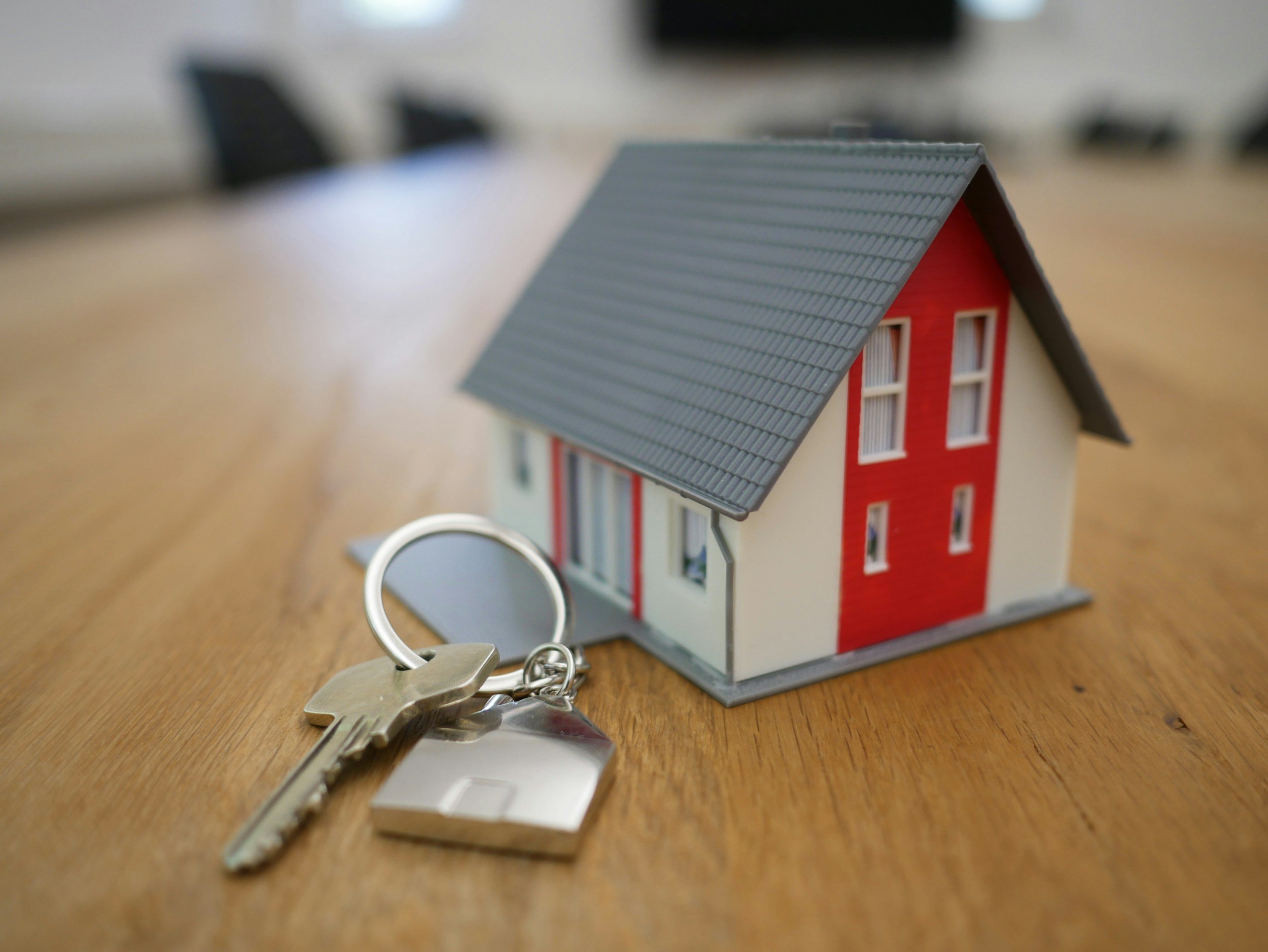sumika consultinG
Who We Serve
We specialize in working with the international community ; expats, overseas investors, digital nomads, retirees, and foreign residents living in Japan.
You don’t need to speak Japanese or know the system , we handle the details, explain everything clearly, and support you every step of the way.
What do we do
Nationwide, End-to-End Support ; Showcase Properties Across All Lifestyles and Budgets from hidden rural gems to high-end city living, we offer a comprehensive, one-stop real estate service that caters to every type of buyer whether you're looking for a vacation home, investment property, or your forever home in Japan.
What We Offer
We showcase a wide range of properties across Japan;
-
Affordable homes in rural areas, perfect for renovation
-
Great value in suburban and regional areas
-
Modern, RFO or move-in-ready properties nationwide
-
We help you plan and build your dream house
-
For city living, investment, or rental income; AirBnB
-
Handpicked mansions, villas, and designer homes
Why choose us
Multi-lingual guidance (English, Japanese, Tagalog, Vietnamese & Chinese)
One stope Service Nation-wide from Hokkaido to Okinawa
Legal & document assistance
Home loans support (for residents & some foreign buyers)
Property management & renovation coordination
Custom searches based on your needs and location preferences
No-pressure service , we don’t charge clients any direct fees
All Your Real Estate Needs Conveniently Together
Whether you’re renting for the first time, a foreign resident looking to buy, or an investor, our comprehensive real estate consulting services are designed to make your journey in Japan seamless, safe, and hassle-free.
-
Property Rentals
We offer apartments, mansions, and detached houses with both short- and long-term rental options all matched to your lifestyle and budget, with English-speaking support every step of the way.
-
Purchasing a home
From brand-new to second-hand properties including detached homes, condos, and land we offer rent-to-own and ready-to-move-in options, plus nationwide searches and guided viewings.
-
Home Loan Assistance
We support applications for FLAT 35 and private bank loans, offer foreigner-friendly financing solutions, assist with document preparation and translation, and advise couples on income combination and co-applicant strategies.
-
Property Sales
We help you sell your house, apartment, or land with full legal and market support even if you live abroad covering everything from valuation and listing to negotiations and contract handling.
-
Custom-Built Homes
We create custom-made homes tailored to your needs, guiding you through land search, architectural planning, and construction while handling all the legal paperwork and approvals for you.
-
Foreign Resident & Non-Residents
We offer support for both foreign residents and non-residents, with multilingual staff (English, Japanese, and more) providing step-by-step guidance through Japan’s real estate system and personalized service from your first inquiry to key handover.
own your home Your own way
Yes ! Foreigners Can Get a Home Loan in Japan. If you’re a foreigner living in Japan, you can apply for a home loan and many do! Whether you’re planning to stay long-term, relocate, raise a family, or invest in your future, owning a home in Japan is possible and we’re here to help you through every step.
Your dream home in Japan is not just possible , it’s within reach. Let’s build it together.
-
We assist with:
Understanding loan requirements
Connecting with foreigner-friendly banks
Preparing necessary documents (visa, income proof, residence status)
Translating and explaining the process in clear terms
-
Japanese Citizens, Permanent residence or long-term visa, Humanities visa, etc.
Stable income in Japan
Down payment (typically 10–20%). All though we could negotiate to come up with no downpayment depending of the client’s credit records and annual income.
But don’t worry — we’ll help you assess your eligibility and match you with the right lender.
-
Brand-New Single Detached Houses
Move-in-ready homes built with the latest safety and energy-saving features.
Second-Hand Single Detached Houses
Affordable and full of potential — great for customization or budget-conscious buyers.
Mansions (Condo Apartments)
Well-maintained buildings with strong resale value and modern facilities. Ideal for city living.
HOME LOAN PROCEDURES
-
Work with a real estate consulting like us; Sumika Realty Consulting
Confirm property eligibility (some loans like Flat 35 have condition requirements).
Decide whether it's a new build, used property, or land + construction.
-
Discuss:
Your income, visa/residency status, employment
Desired loan amount, term, and rate type (fixed/variable)
Get a loan simulation (estimated monthly payment, total repayment).
-
Submit basic documents (income proof, ID, property info).
The bank checks:
Time: 2–7 days
✅ If approved → proceed to property contract
❌ If rejected → try other banks or adjust termsIf the loan is pre-approved, the client can proceed to property viewings. Once a specific property is selected, we will contact the seller (maker) to initiate the contract agreement process.
-
(売買契約 / Baibai Keiyaku)
Sign a purchase agreement with the seller.
Pay a deposit (typically 5–10%) at the time of signing the purchase agreement. This deposit is usually refundable if the loan is not approved, provided a loan contingency clause is included in the contract.
Add a loan contingency clause (to cancel if loan is denied). Ps; Always ensure that the loan contingency clause (ローン特約 / rōn tokuyaku) is part of the contract. Without it, the deposit may not be refundable if the loan is denied.
-
Submit full documents including:
Final property details
Purchase agreement
Tax returns / salary slips
Residence card, passport
Proof of savings or other assets
The bank performs a full review, including legal checks.
Time: 1–3 weeks
-
Sign the official loan contract at the bank.
Choose the disbursement date.
Finalize details like:
1.Fire insurance
2.Mortgage registration
3. Bank account for repayment
4. Property Final Inspection
-
Bank transfers the loan to the seller on the agreed date.
Property title is transferred to your name.
You receive the keys.
-
Repayments begin the following month (or as agreed).
Payment is usually auto-deducted from your bank account.
-
Register property tax
Set up home insurance (mandatory)
Notify local city hall for residency update
Danshin or Credit Group Life Insurance, is also mandatory
Note: All conditions and processes outlined above are tentative and may vary depending on each client’s individual circumstances.Additionally, procedures may be subject to change based on the policies of each bank and other situational factors.costumized built house
Looking for something more personal than a ready-made home? With a custom built house, you can build a home in Japan that’s tailored to your lifestyle, family needs, and long-term goals.
Yes , even as a foreigner, you can buy land and build your own house in Japan. And we’re here to help every step of the way. We’ll make the process smooth, transparent, and foreigner-friendly.
-
It’s a custom-built home, created from the ground up based on your preferences. You choose the layout, size, style, and features — with full professional support throughout the design and construction process.
-
Land search and purchase assistance
Introduction to trusted architects and builders
Budget planning and construction quotes
Design approvals and legal paperwork
Construction supervision and move-in support
-
100% tailored to your needs
Choose your ideal location
Energy-efficient, earthquake-resistant modern builds
Long-term value and peace of mind
Ready for occupancy homes
Looking for a brand-new home that’s ready when you are?
Welcome to the world of Modern Built-for-Sale Homes, known in Japan as Tatteuri Jūtaku, thoughtfully designed, professionally constructed houses that are move-in ready the moment you purchase.
Unlike custom-built homes that require long design and construction timelines, tatteuri homes are pre-built by trusted developers and available for immediate occupancy
-
Modern layouts tailored to today’s lifestyle
High construction standards that meet all Japanese safety regulations
Transparent pricing with no hidden costs
Convenient locations in well-planned residential areas with access to schools, transport, and shopping
The ability to see exactly what you’re buying before committing
-
Types of Mortgages
Fixed-rate loans: Interest rate stays the same throughout the loan term, giving payment stability.
Variable-rate loans: Interest rate can fluctuate with the market, often starting lower but with some risk.
Hybrid loans: Combination where the rate is fixed for an initial period, then variable afterward.
Loan Term
Commonly ranges from 15 to 35 years, depending on borrower’s age and lender’s policy.
Down Payment
Typically 10% to 20% of the property price, though some banks may accept less with stricter requirements.
Eligibility Criteria
Proof of stable income (usually employment with a Japanese company or self-employed with good documentation).
Japanese residency or sometimes permanent residency/visa status required.
Credit history and financial background check by the lender.
Application Process
Pre-approval can be obtained before house selection, giving you a clear budget.
Final loan approval follows contract signing and submission of property documents.
Fees and Costs
Loan application fees: Typically 1%–3% of loan amount or fixed fee.
Guarantee fees: Many Japanese banks require a guarantor company, charging a guarantee fee (often 1–3% of loan).
Insurance: Fire insurance and sometimes earthquake insurance required.
Other costs: Stamp duty, registration fees, and miscellaneous administrative fees.
Repayment
Monthly payments usually combine principal and interest.
Early repayment options exist but sometimes include penalties.
Special Programs
Some government subsidies or reduced tax programs exist for new homeowners, energy-efficient homes, or first-time buyers.
-
1.Personal Documents
Valid passport and/or Japanese residence card
Personal identification (driver’s license, My Number card, etc.)
Proof of Japanese address (e.g., utility bill or resident card)
2.Income and Employment
Recent payslips (last 3 to 6 months)
Certificate of employment or employment contract
Latest income tax certificate or tax return documents if self-employed
Bank statements (last 3 to 6 months)
3.Property Documents
Sales contract or reservation agreement for the tatteuri home
Property registration certificate or building completion certificate.
Floor plans and building specifications.
4.Financial Documents
Bank statements (to show savings or down payment funds)
Details of other debts or loans (if any)
Proof of payment for reservation deposit or down payment.
5.Application Forms and Related
Completed mortgage application form (provided by lender)
Consent forms for credit checks and background verification
Guarantor information and consent (if required)
Insurance
Fire insurance application
Earthquake insurance (optional but recommended)
understanding home loan purchase
In this video, we cover the essentials of getting a home loan in Japan from what documents you need, how the process works, what your loan can cover, and what to do after approval. Whether you're a first-time buyer or planning to invest, this guide will help you move forward with clarity.
Renting in Japan Made Easy — Find the Right Home for Your Lifestyle and Budget
Finding a rental home in Japan doesn’t have to be difficult. Whether you’re new to the country or a long-time resident looking for a change, we simplify the rental process with foreign-friendly support, clear communication, and a wide range of properties. From city apartments to countryside retreats, we’ll help you find the right home that suits your lifestyle and fits your budget.
-
(Condominium-style apartments) – Modern, secure, and great for city living
-
Compact, convenient, and perfect for students, workers, and solo residents
-
More space and privacy for families or those who want a quiet home environment
Types of properties
-

Apartment
Compact, convenient, and perfect for students, workers, and solo residents
-

Mansion
(Condominium-style apartments) – Modern, secure, and great for city living
-

Single Detached House
More space and privacy for families or those who want a quiet home environment
Selling Your House in Japan
We can market your property, Whether You’re in Japan or Abroad
Do you own a property in Japan and want to sell it? Whether it's a single detached house, apartment, mansion unit, or land , we’ll help you sell it smoothly, legally, and for the best possible price.
Selling your house in Japan doesn’t have to be stressful. So whether you’re upgrading, relocating, or cashing in on an investment , we’ll handle the details and protect your interests from start to finish.
-
We understand that selling property in Japan can be complex, especially for non-Japanese residents. That’s why we offer complete support in English — including:
Property valuation and market analysis
Listing your home on Japanese real estate networks
Handling buyer inquiries and viewings
Preparing legal documents and contracts
Coordinating with lawyers, tax advisors, and notaries
Support for overseas sellers (you don’t have to be in Japan)
-
Brand-new or second-hand houses
Condominiums (mansions)
Land or buildable plots
Investment properties and rental units
-
We guide you through:
Capital gains tax rules for non-residents
Inheritance or gift tax implications
Title transfer and settlement process
Bank loan clearance (if applicable)
Why Invest in Japan Real Estate?
Investing in Real Estate in Japan is increasingly popular, especially among foreigners looking for stable returns, property ownership rights, and long-term value. We will give you a clear breakdown to help you get started.
-
(land + building)
No citizenship or residency required
You do not need to be a Japanese citizen, permanent resident (PR), or even live in Japan.
Foreigners can buy 100% freehold ownership, including:
Houses
Condominiums
Commercial buildings
Land (urban or rural)
Requirements:
Passport (if abroad or visiting)
A notarized signature (if registering from overseas)
Japanese judicial scrivener to register the deed
Japanese tax representative (if non-resident)
Bank account in Japan (if buying with a mortgage or paying utilities)
Caution:
While ownership is allowed, financing is harder:
Most Japanese banks require the buyer to have:
Long-term visa
Stable income in Japan
Often PR or Japanese spouse
If not, cash purchases are common for foreign investors
No:
No foreign ownership bans in Japan (unlike Thailand, Indonesia, etc.)
No special permits required for foreigners to buy land
-
Stable Legal System
Japan's legal framework is based on civil law, with clear, codified rules.
Property rights are well protected, including for foreigners.
Real estate transactions are registered with the Legal Affairs Bureau (法務局), ensuring transparency and traceability.
Courts are independent, and contracts are generally enforced reliably.
Example: If you legally purchase a property, your ownership is secure—even as a non-resident foreigner.
🕊️ Low Corruption
According to Transparency International, Japan consistently ranks among the least corrupt countries in Asia.
Public officials, judges, and police generally maintain a high degree of professionalism and integrity.
Real estate processes (permits, titles, taxes) are governed by clear procedures—not bribes or political favors.
✅ Foreign buyers rarely face “under-the-table” issues common in some other countries.
Real Estate Reassurance
Brokers and agents must be licensed, and their role is regulated under the Real Estate Business Law.
Legal documents are reviewed by judicial scriveners, and most deals require notarized contracts and official registration.
Disputes are rare if you follow legal steps and use qualified agents.
-
1. Tokyo
Why: Economic center, massive population, stable rental demand
Tenant type: Young professionals, expats, singles
Yield: 3–5%
Entry cost: High
Popular wards: Shinjuku, Minato, Taito, Setagaya, Nerima
Best for: Long-term rentals, capital preservation
🌆 2. Osaka
Why: Tourism, commerce, growing Airbnb potential
Tenant type: Students, tourists, urban professionals
Yield: 5–7%
Entry cost: Medium
Popular areas: Namba, Shin-Osaka, Tennoji, Nishi-ku
Best for: Short-term rentals (Airbnb), higher yields
🏞️ 3. Fukuoka
Why: Fastest-growing major city, low entry barrier
Tenant type: Students, returnees, families
Yield: 5–8%
Entry cost: Low
Popular areas: Hakata, Chuo, Sawara
Best for: Long-term growth, mid-budget investors
🏯 4. Kyoto
Why: Cultural capital, tourist hub
Tenant type: Tourists (Airbnb), students
Yield: 5–8% (short-term)
Entry cost: Medium to high
Popular zones: Gion, Higashiyama
Best for: Short-term rentals (with license)
🏔️ 5. Niseko (Hokkaido) / Okinawa
Why: Resort markets, seasonal tourism
Tenant type: Foreign tourists, retirees
Yield: High (seasonal)
Entry cost: High (Niseko), Low–Medium (Okinawa)
Best for: Vacation rental investment
-
In Japan, especially outside ultra-central Tokyo; many properties are cash-flow positive, meaning:
Rental income covers (or exceeds) your monthly ownership costs, including loan payments, taxes, and maintenance.
This is largely due to:
1. Low Property Prices (Especially Used Homes)
Japan’s property prices are relatively affordable compared to other developed countries.
For example, you can find:
Used 1K/1LDK apartments in Tokyo suburbs: ¥8–15 million
Small apartment buildings (5–10 units) in Osaka, Fukuoka: ¥25–50 million
Akiya (vacant homes) in countryside areas: from ¥1 million!
2. Steady Rental Demand
Monthly rents are fairly stable, even in aging properties.
A ¥12 million 1K unit in suburban Tokyo might rent for ¥60,000–¥75,000/month.
That’s ~7–8% gross yield.
High tenant turnover is common, but occupancy remains relatively strong with the right location and price.
3. Sample Cash Flow
Let’s say you buy a ¥12 million used unit in Saitama (Tokyo suburb):
Loan (1.5% / 20 years): ~¥57,000/month
Rent: ¥70,000/month
Mgmt, taxes, fees: ~¥8,000/month
Net Cash Flow: ~¥5,000/month profit
Multiply this over several units and you build positive cash-flow income while property appreciates slowly (mainly land value in Japan).
Caveats:
Depreciation is fast on buildings—land retains most value.
Older buildings need renovation (factor in ¥500K–¥2M).
Rural areas = high vacancy risk—focus on urban rentals.
-
Strong yields (3–8%), especially with older or suburban properties
Stable & Transparent Market
Japan is known for its legal security, clear regulations, and strong property rights. Foreigners can buy and own property freely, just like locals, with no restrictions on land or home ownership.
Affordable Opportunities
Compared to other developed countries, Japan offers incredible value. From rural akiya houses to luxury city apartments, there’s a wide range of price points for every investor.
High Rental Demand
Cities like Tokyo, Osaka, and Fukuoka have a steady demand for rentals from students, expats, and locals. This means potential for consistent rental income.
Long-Term Asset Growth
Even if you don’t get an investor visa, your property is a hard asset in one of the world’s most stable economies. Over time, land and well-located properties often hold or gain value especially in urban and resort areas.
Lifestyle & Legacy
Beyond profit, many buyers purchase property in Japan for personal reasons: a vacation home, a retirement plan, or something to pass on to family.
Inflation means Stability for investors
Japan’s inflation is low and stable compared to other countries. This creates a steady real estate market, making it a safe and affordable place to invest, especially for foreign buyers benefiting from favorable exchange rates.
Investment options
